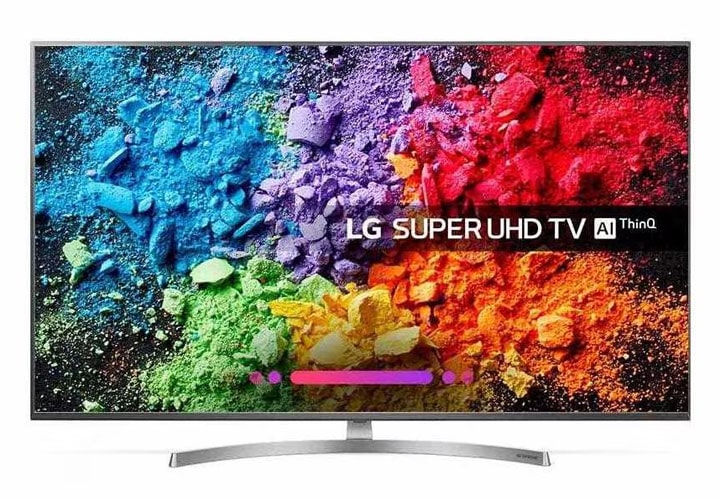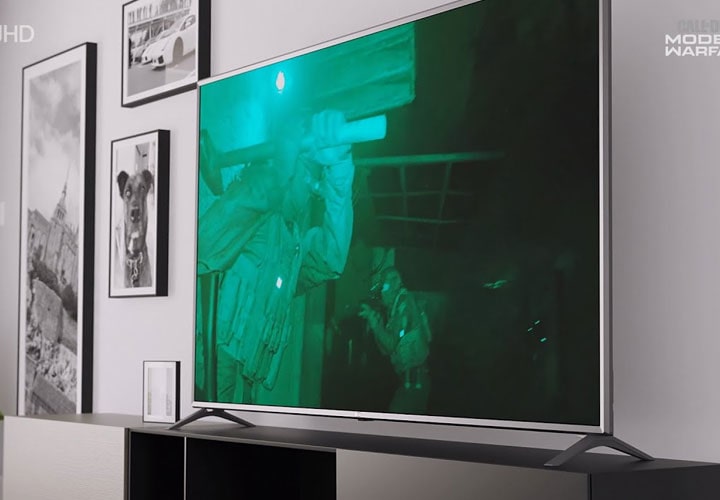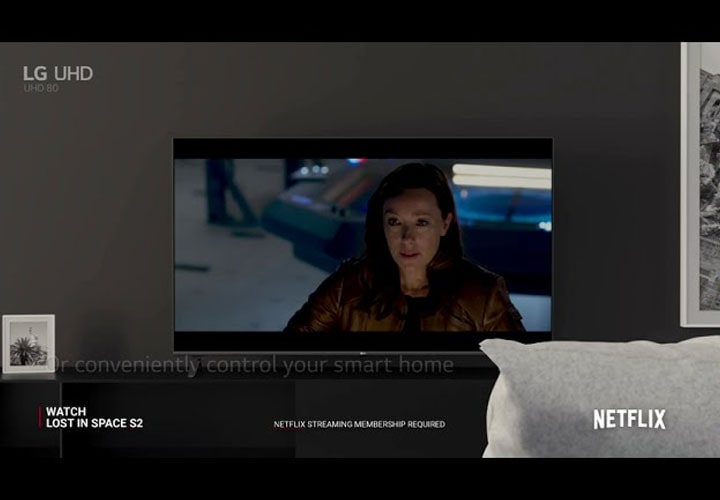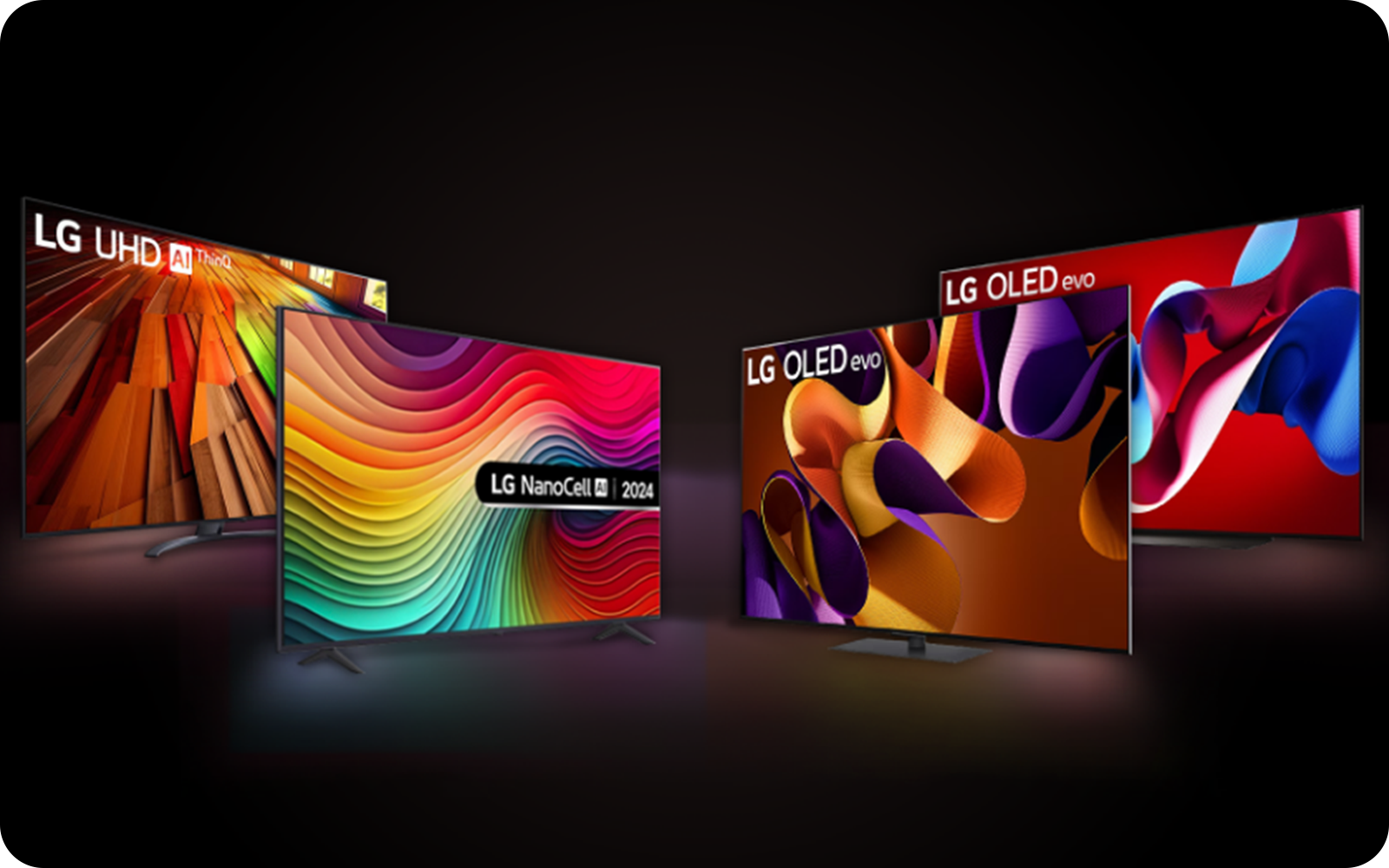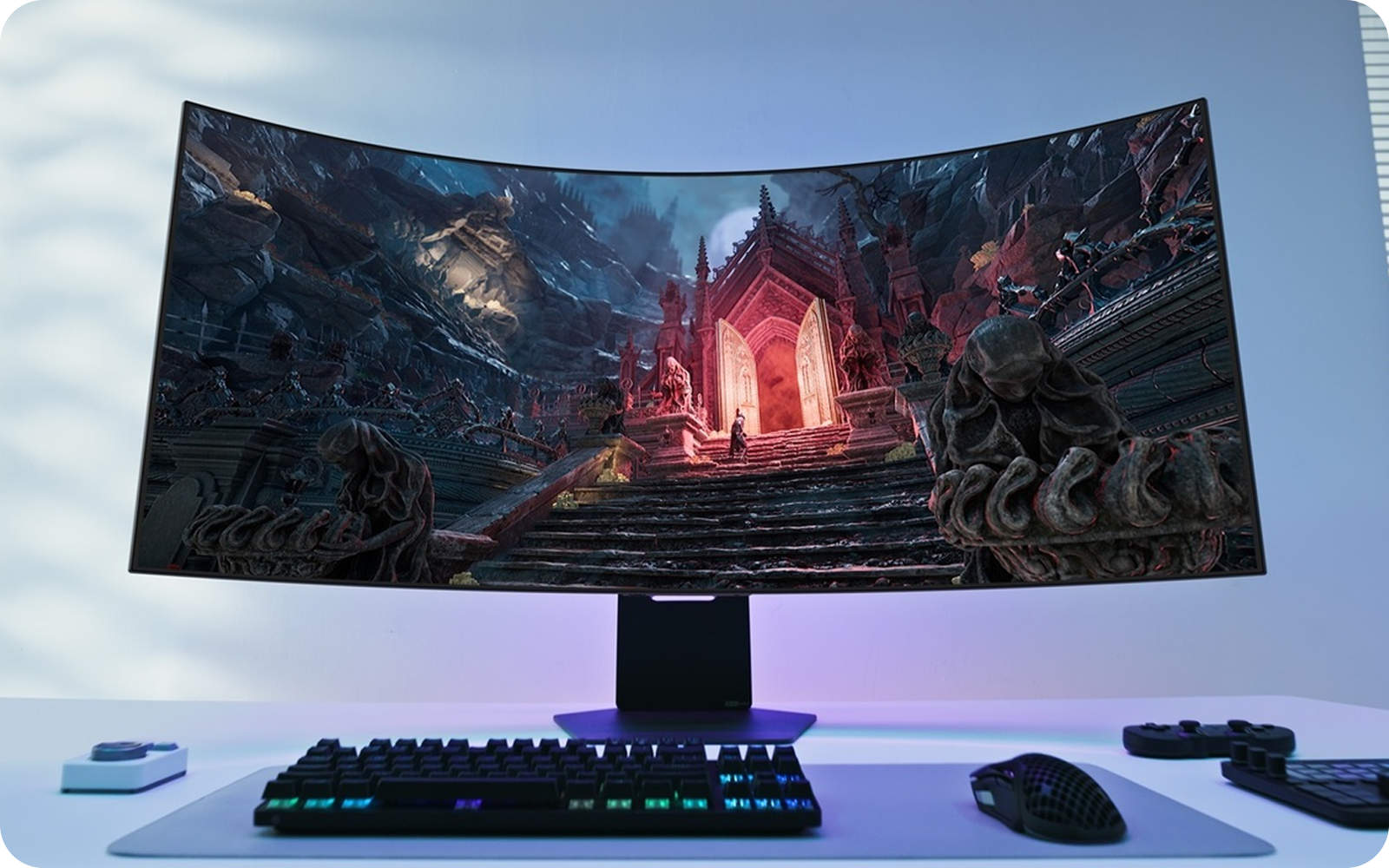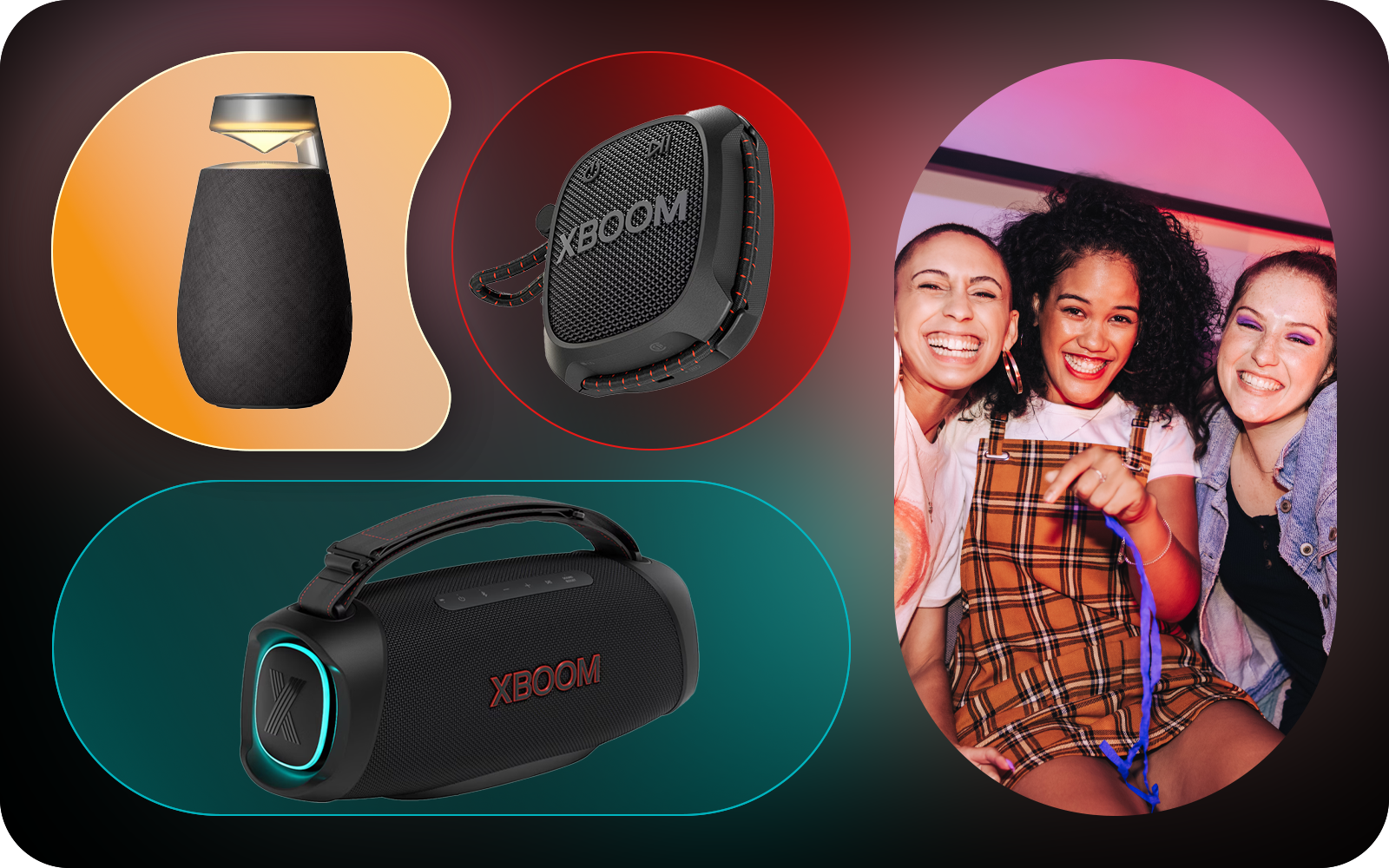We use cookies, including cookies from third parties, to enhance your user experience and the effectiveness of our marketing activities. These cookies are performance, analytics and advertising cookies, please see our Privacy and Cookie policy for further information. If you agree to all of our cookies select “Accept all” or select “Cookie Settings” to see which cookies we use and choose which ones you would like to accept.
LG LAB
Are UHD TVs worth it?
Explosive fight scenes, spectacular song-and-dance sequences and net-busting, chest-thumping goals – 4K TV captures every frame of the action in incredibly deep detail.
When it comes to upgrading your TV, 4K Ultra HD is the most popular choice.
But a new television is a big investment and you want to be sure you’re making the right decision. We’ve highlighted 10 reasons why we think 4K UHD TVs are worth it you’re considering upgrading your TV today. From jaw-dropping detail and lower prices to the best of Netflix on smaller (and bigger) screens.
1. 4K TVs are the new normal
You might be asking yourself, ‘why do I need a 4K TV’? But did you know that most TVs on the market today are actually 4K. 4K TVs first arrived way back in 2013 with super-expensive price tags and super-large screens. Since then they’ve become the main option if you’re buying a new TV today.
Every new LG TV in 2020 has at least 4K resolution – some of the most premium models have 8K. If you look for a new TV online or in store, you’ll see the same – there are far more 4K TVs than HD TVs.
4K TV is now the norm. You can get a 4K TV in most screen sizes and to suit most budgets. Prices have fallen significantly in recent years, with 50-inch 4K TVs available for less than £600.
You can even get a 43-inch 4K TV today, a far cry from when they were only available in 65-inch-plus sizes.
2. Four times the detail of Full HD
The headline feature of 4K TV is the added detail. And this starts with the pixels. The number of pixels on a Full HD set – about two million – would fill just one quarter of a UHD display.
Ultra HD packs eight million pixels into the screen, creating sharper and more detailed images. Thanks to 4K, you can clearly see football players wipe beads of sweat from their brow before every nerve-jangling penalty kick.
You can sit closer to the screen too. Because 4K features four times the detail of Full HD, the picture doesn’t break up when you get too close.
3. 4K on Netflix looks amazing
To get the best from your 4K TV, you need content shot or mastered in 4K UHD. This used to be hard to find, but today there’s loads of 4K content.
Netflix in 4K has plenty to keep you busy. The streaming giant’s library of 4K content has steadily grown, stacking unmissable episodes of your favourite shows. What’s more, the app is pre-installed in many new TVs.
There’s so much amazing stuff to watch in 4K on Netflix, but a few highlights include:
- Our Planet: David Attenborough’s documentary was filmed over four years across 50 countries. In 4K Ultra HD, rare species and remote, colourful worlds burst into life.
- Stranger Things: The third series of the Netflix classic Stranger Things landed in 2019. The retro 80s sets, awful monsters and bold funfair signs are made (almost) real in 4K.
- The Crown: The luxury of life in the royal household is recreated in life-like detail with season three in 4K. Watch the jewels catch in the light as though you’re dining at the same table.
4. Hand-in-hand with HDR
4K HDR TVs combine the added detail of 4K with enhanced colour and contrast. High dynamic range (HDR) technology works by comfortably pushing the limits of dynamic range and contrast – increasing the barrier between bright whites and dark blacks.
So you can see added detail in the shadows – puddles of oil on the pavement, or the textures in a night sky. Colours are plentiful and vibrant, with over one billion shades accurately recreating the effect of sunlight shining on a car bonnet or the brilliance of a blue California sky.
HDR comes in different formats though, and not all 4K TVs are compatible with them. LG TVs enable you to enjoy a wide range of HDR content – from HDR 10 and HLG to Dolby Vision®.
5. Movies look incredible with Dolby Vision®
The best way to watch 4K HDR content at home is in Dolby Vision®. With it, content can be optimised scene by scene, frame by frame, to get the best possible experience from your TV. Filmmakers are hailing this visual achievement.
Tim Miller, director of Deadpool, says on watching his creation in Dolby Vision: “You see it at a level of clarity that would make all the film crew proud.”
Dolby Vision is available on premium 4K TVs such as LG OLED and NanoCell models.
6. There are many 4K TVs to choose from
Because 4K TVs are the norm, there really is one for everyone. Whether you have a huge budget and acres of wall space or are looking for an entry-level TV for a smaller room. To make it easier to navigate, we’ve created three separate ranges for LG 4K TVs.
LG OLED TVs
LG NanoCell TVs
LG UHD TVs
Our standard range, focusing on delivering uncompromised quality at a great price. Enjoy 4K resolution and our award-winning Smart TV interface. Sizes range from 43 to 86-inch. Learn more
7. Good picture quality from any angle
Picture quality can depend on where you are sat in the room, with colours ‘washing out’ when you’re sat in the corner armchair. Now select Ultra HD TVs deliver the same picture quality from wide angles.
LG NanoCell TVs boast the most advanced LED technology to deliver excellent picture quality wherever you’re sat. Nano-engineering filters the picture and refines the colours so they remain natural and vivid – even when viewed from the side.
8. Football in 4K is fantastic
Sky Sports, BT Sport and Amazon Prime Video bring the biggest matches to your living room in 4K Ultra HD.
Sky and BT have been broadcasting football in 4K Ultra HD for a couple of years, but the 2019/20 season made TV football absolutely essential for fans wanting to watch the action.
Joined by Prime Video, the broadcasters screened scores of matches in Ultra HD after Project Restart – delivering the end of the disrupted 2019/20 season in stunning 4K clarity.
9. Xbox Series X needs a powerful 4K TV
The Xbox One X and PS4 Pro made ground-breaking strides in 4K gaming. Now we have a new generation of consoles launching: The Xbox Series X and the PlayStation 5.
Xbox Series X has been ‘re-engineered’ from the ‘inside out’ and is designed for speed and performance. Games such as Scorn and Bright Memory: Infinite promise 4K gaming at 60fps.
Only premium 4K TVs can deliver the power and speed you need. LG OLED and NanoCell 4K TVs boast technologies such as auto low latency and VRR (variable refresh rate) to keep gameplay smooth. Plus, many support HDMI 2.1, to take full advantage of the power of the next gen consoles.
10. OLED TVs are 4K too
We’ve already talked about our 4K LED TVs, the NanoCell and UHD ranges. But OLED TVs are also 4K. Let us explain.
Many LED TVs on the market are 4K Ultra HD. But OLED TVs – which use a different type of screen technology – can also display 4K resolution.
So there’s no need to decide between LED and OLED in your search for a memorable viewing experience. You can find 4K resolution on LG UHD TVs, NanoCell TVs and OLEDs.
